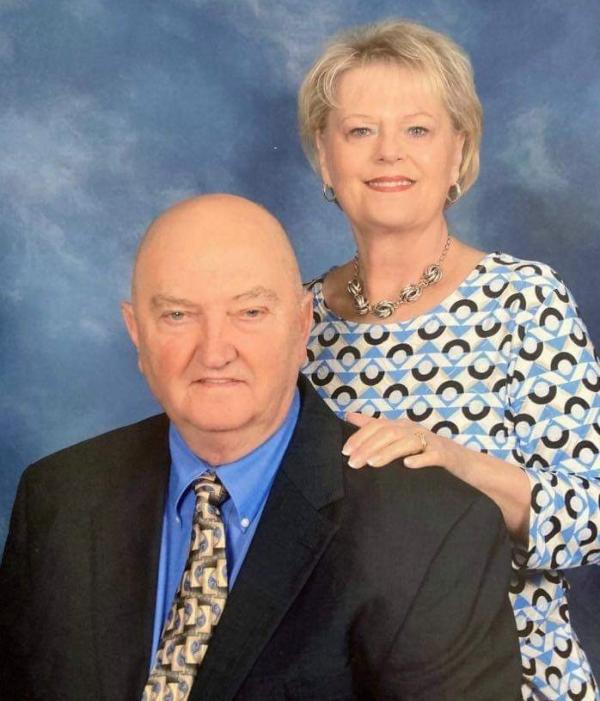
For Pittsfield residents Robert and Sue Evans, a positive result from a COVID-19 test was a reason to worry.
“We both have underlying health conditions and we’ve heard about how COVID can affect individuals who have the same conditions we have,” Sue Evans said.
While receiving the test, Sue asked the nurse about the outpatient treatment options should the test come back positive. When the test came back positive, a plan was already in place for the Evans’.
“I had read about the BAM infusion so, when we were getting tested, I asked about it and got some more information,” Sue said. “We were a little nervous since the medication was being used under the Emergency Use Authorization, but we still felt we needed to take that step and get it for both of us.”
BAM, short for Bamlanivimab, is one of two approved outpatient treatments being administered for patients who have tested positive for COVID-19 and are experiencing mild to moderate symptoms.
“Both the BAM and the Regeneron cocktail are part of a class call monoclonal antibodies,” said Caitlin Holland, Pharmacist at Illini Community Hospital in Pittsfield. “Both of the drugs neutralize COVID-19 by attaching to the spike protein and doesn’t allow the virus to attach to your cells. This decreasing the likelihood for the disease to progress to a level of severity that would possibly require hospitalization.”
Patients who are at high risk for developing severe symptoms of COVID-19 are eligible to receive the treatment if they meet at least one of the high-risk indicators, which include:
- A body mass index (BMI) greater than or equal to 35
- 65 years of age or older
- Chronic kidney disease
- Diabetes
- Immunosuppressive disease
- Currently receiving immunosuppressive treatment
- 55 years of age or older AND high blood pressure, heart disease or lung disease
- 12-17 years of age and are significantly overweight or have certain chronic illnesses including sickle cell disease or asthma
For the Evans’, the experience of receiving the BAM infusion was fairly simple.
“It was very easy. It took about three hours total. The first hour was taking vitals and answering any questions. The actual infusion took about an hour and it was just an IV. I actually just watched TV during it, but you could also read a book to occupy your time,” Sue Evans said. “After the infusion, they monitored us for about an hour for any adverse reactions.”
Holland says that with these treatments, time is of the essence.
“These treatment options work the best if they can be given as close to a positive test result as possible,” Holland said. “If you wait until the severity of the disease has worsened, you may no longer be a candidate for this type of treatment.”
The treatment was successful, according to the Evans’.
“I would recommend it and we were thankful that it was available,” Sue said. “We may have gotten along fine without it, but the stories you read about older people with underlying health conditions made us want to take advantage of what was offered to us.”
If you meet the criteria and would like to receive the antibody infusion, please call (217) 277-3504 for Blessing Hospital or (217) 285-2113 ext. 3950 or Illini Community Hospital.
